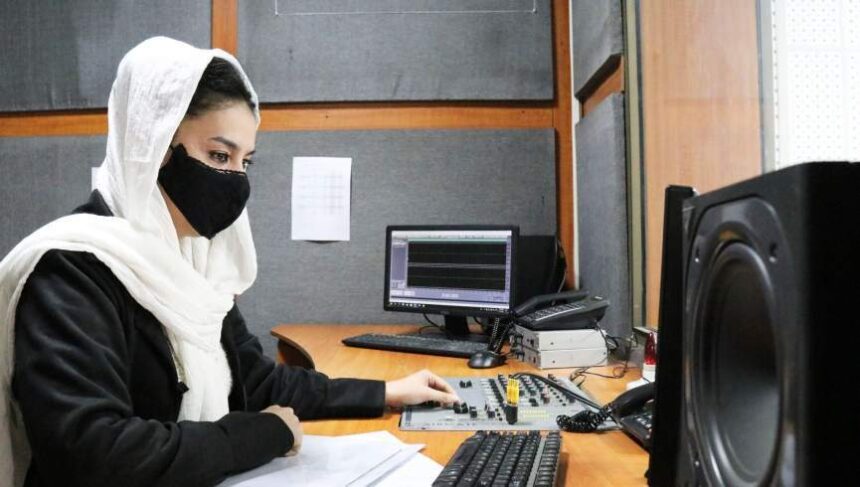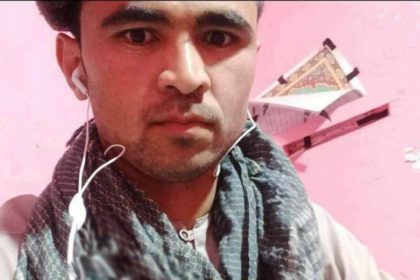RASC News Agency: As Afghanistan observes World Press Freedom Day, the country’s journalists face a bleak reality as many female reporters and media workers have been left unemployed due to restrictions imposed by the Taliban. They remain confined to their homes, trapped in uncertainty. Zohra Azad, a journalist in Herat province, told RASC on Friday, May 3, that she has been away from journalism for over two years, rendering all her efforts in the field futile.
She pointed out that since the Taliban assumed power, many women journalists in Herat province and across Afghanistan have been prohibited from working in the media and denied opportunities to engage in journalistic activities. According to Azad, one advantage for women under the previous republic was the freedom to work in fields where they had skills and talents. She adds that female journalists and media workers now face the most challenging financial and emotional circumstances.
Fereshtah Rahimi, a media worker, told RASC, “World Press Freedom Day would have carried significance if female journalists and media professionals could engage in media work befitting their expertise.” Rahimi emphasized that due to Taliban laws, almost no women in Herat and western Afghanistan are allowed to work in television, radio, newspapers, news agencies, or other media sectors.
She continued to state that the current situation is unacceptable for many active female journalists in Herat, who can no longer work in their chosen fields, leaving them unemployed and isolated. Shakiba Osmani, a cultural figure in Afghanistan, told RASC that the injustice the Taliban have inflicted upon women, particularly women journalists, is unparalleled.
Osmani adds that the Taliban have deprived women of all job opportunities and stifled their career growth. She argues that the Taliban must realize that Afghanistani women expect better conditions from them compared to the previous administration, which would allow them to improve their situation. According to Osmani, educated women, especially female journalists, are either unemployed or forced to take up menial jobs.
Meanwhile, experts in western Afghanistan confirm that among the many harms caused by the Taliban, depriving women of their jobs is one of the most significant. Hashim Ghanizadeh, an expert in western Afghanistan, told RASC that the situation in Afghanistan has reached a point where no one expected the Taliban to assume power and suppress the people’s rights.
He emphasized that the Taliban’s presence in Afghanistan has plunged the country into complete darkness, but a bright future awaits, promising freedom and dignity for all. It is worth noting that as Afghanistan marks World Press Freedom Day, countless female journalists and media workers have been forced into unemployment and domestic seclusion by the Taliban.






